Cannabis and Spirituality: Freedom not Control.
Freedom not Control
He who drinks bhang drinks Shiva. The soul in whom the spirit of bhang finds a home glides into the ocean of Being freed from the weary round of matter-blinded self.- J.M. Campbell
There are various ways to delineate different character types and different drives in human experience. Perhaps the most fundamental—and arguably the most relevant for the species and the future of humanity and the planet altogether—is the dichotomy between the impulse toward freedom and the impulse toward control. Freedom implies courage, surrender, relaxation; trusting and embracing life in all its beauty, its wildness, and its insecurity. Control sees this freedom as the threatening enemy. The control impulse is the unexamined fear response in the face of the truth of insecurity, the truth of the non-existence of the separate self.
These two opposing motivations have functioned powerfully since time immemorial in both the external, material world of human affairs and in the inner, psychic world of human beings. The manifestation of control motivations in the world is the outer expression of the blind inner compulsion. As Mahatma Ghandhi put it, “The only devils in this world are those running around in our own hearts, and that is where all our battles should be fought.” In human civilization however, there is always the potential and often the reality of conflict between the two opposing drives.
Gnostic Mysticism versus Orthodox Control
He who will drink from my mouth will become as I am: I myself shall become he, and the things that are hidden will be revealed to him.- Jesus of Nazareth (from the [Gnostic] Gospel of Thomas)
One of my favorite historical examples of this dichotomy is the conflict between the Gnostics and the Orthodox in early Christianity. I didn’t pick this one randomly out of the hat. It’s at the heart of our current spiritual predicament and typifies the archetypal conflict. In a simplified description, the Gnostics were basically the mystical tradition of early Christianity. They believed that it meant nothing to call yourself a Christian unless you were initiated, that is, unless you had directly experienced at least some level of the truth of our divine nature. Apparently they weren’t big on institutional infrastructure. As a side note for this discussion, there are hints and allegations that the Gnostics were also medicine plant people. It certainly stands to reason. Check out, for example, the work of Chris Bennett, a well-recognized scholar on the history of cannabis in religion and ritual. (Chris will also have a chapter in the forthcoming book Cannabis and Spirituality).
During this period, the control impulse was manifesting and growing in those who feared the awakened state in themselves and insisted on controlling and obstructing its realization in others. By the year 200 of the Christian Era (C.E.), Christianity had developed into an institution with a hierarchy of bishops, priests, and deacons who claimed to be the true and only guardians of the Word. Until now the controllers have always won in larger societies—that is, had their clutching hands on the levers of temporal power—since quite clearly the drive to control leads them to try harder to control than those free of that fearful compulsion.
The result at the time was that the mystic teachings were suppressed as heresy and all but completely obliterated from the historical record save for an ‘accident’ of history which resulted in the rediscovery of many of the Gnostic Gospels in the Egyptian desert in 1945. (This isn’t some kind of new age woo-woo speculation. Check out the Nag Hammadi Library manuscripts if you’re interested in following up on this. The visionary science fiction writer Philip K. Dick also had some interesting things to say about the matter in his later novels such as “V.A.L.I.S.”)
Breathing Freely, Opening Hearts
The reverberations of the Orthodox domination into the present can’t be overstated. We’ve essentially been sold the wrong story; a pale, twisted, highly unsatisfying fictional version of the story of who we are and what we are capable of. Understanding the drive and activity of the control impulse in society and in ourselves is central and essential to the vision and hope of healing the deep wounds of the species and the planet altogether. As the teachings say, the place to start is in our own hearts. Would-be lover of life heal thyself first. We need to recognize the powerful, incredibly deceptive pull to bring down the blinds, protect ourselves, and attempt to force our control on our world.
Recognizing that impetus, we need to watch compassionately over its burning and dissolution. As we learn to free and empower ourselves, we need to (and we will) recognize the impulse and the impact of those who work to control others and to hoard power and wealth, and we need to (and will) find ways not to support that manifestation. The control compulsion is making life unnecessarily difficult and painful for great numbers of people while destroying a fragile planet.
Back to Basics: Getting Naked
The panic when we resist is like holding on to the last garment being pulled off us. We are naked before pot, and what we see first is ourselves. Jeremy Wolff
You knew I had to lead this back to cannabis of course. When used wisely with intention, cannabis can show you yourself—both your illusory separate self and your unconditioned, authentic, free self. It functions as an amplifying mirror that can show us more clearly where we are. With some disciplined effort and perhaps persistent practice, it can show us the imprisoning bonds our control strategies have created in our mind/bodies and our societies and the clear, freely breathing space around those bonds.
I recently finished reading Nine Kinds of Naked, a lovely, inspiring novel by Tony Vigorito (who should be much better known.) Mr. Vigorito (through his characters) has much to say on the conflicting pulls toward control and toward freedom. He’s so quotable I’ve put together a post of little gems of insight I’ve culled from the book. Here’s one.
The most obstinate illusion is your own sense of an individual identity, the order you impose on the impulses of your spirit. All other illusions cascade from that singular confusion.
And now brothers and sisters, let us breathe.

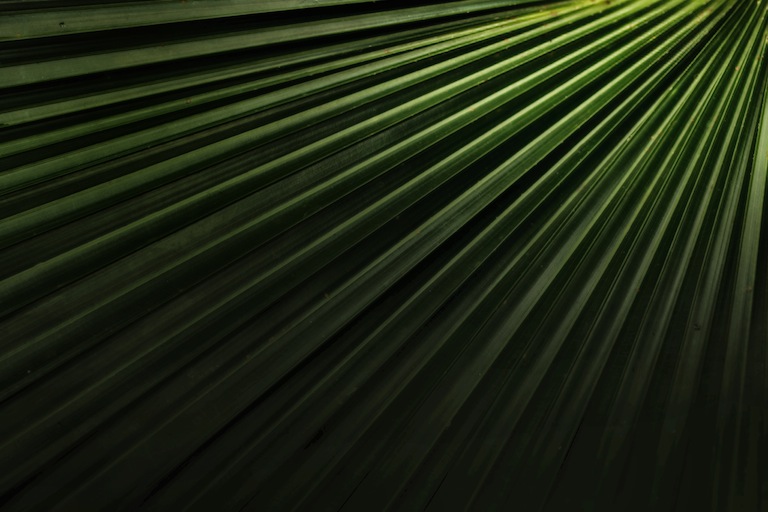
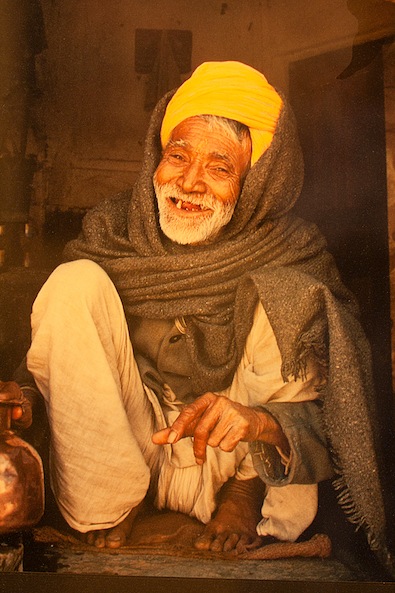

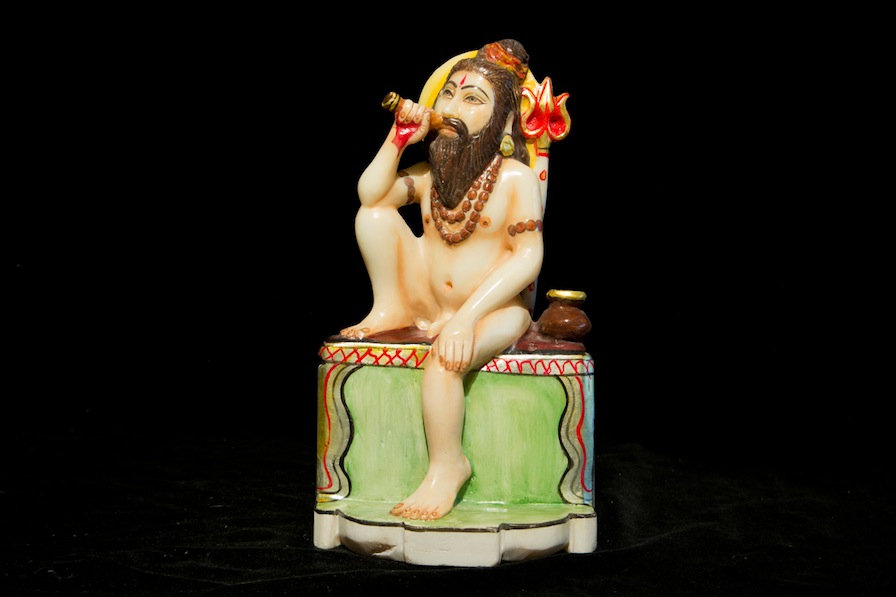
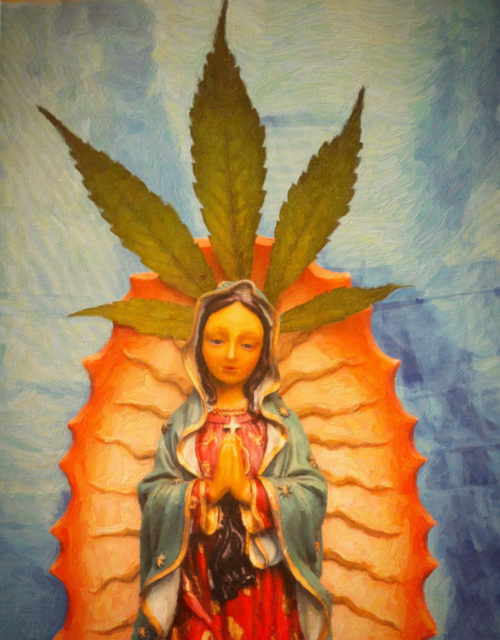
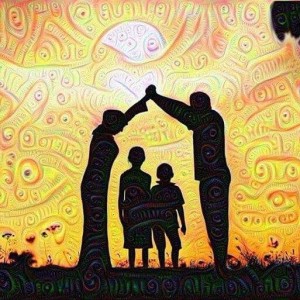

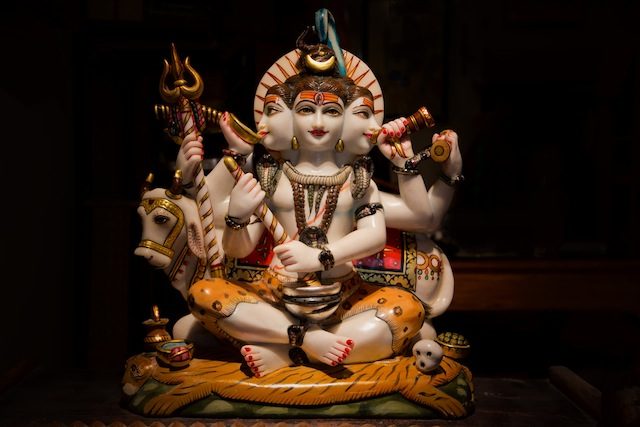

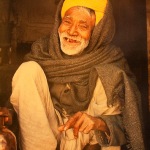
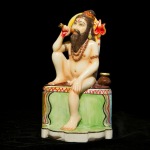
Leave a Reply
Want to join the discussion?Feel free to contribute!